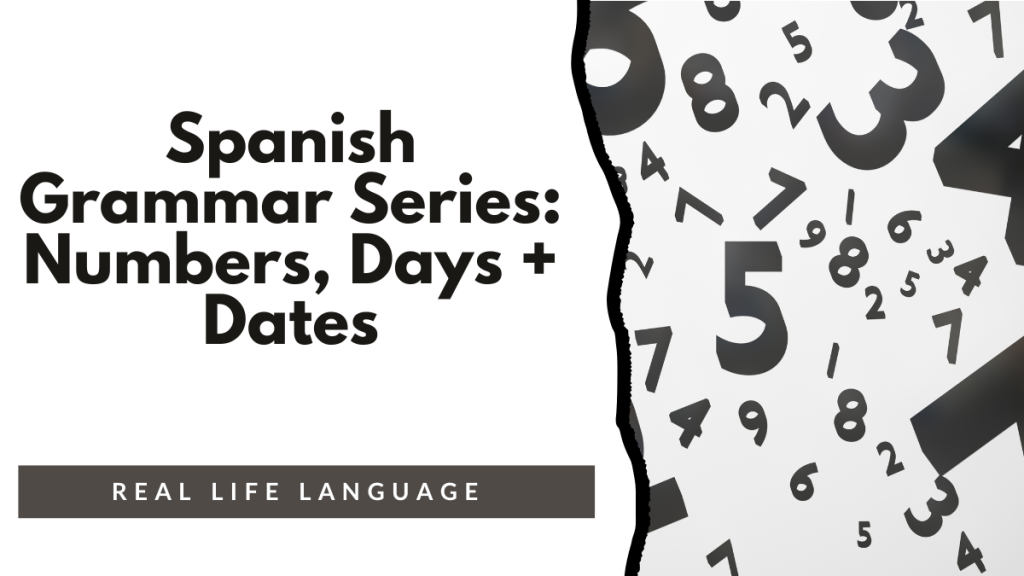Articles in Spanish
Spanish Grammar SeriesArticles in Spanish Articles help identify and define nouns, telling us whether something is specific or general, and whether it is masculine, feminine, singular, or plural. In Spanish, choosing the correct article is essential for clear and accurate communication because articles must agree with the nouns they accompany. Understanding how articles work builds a strong […]





